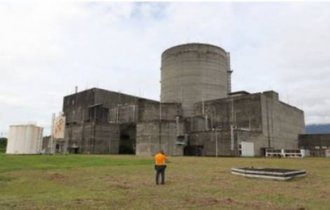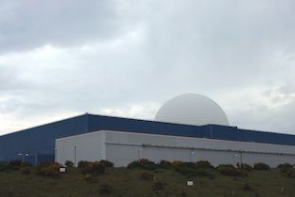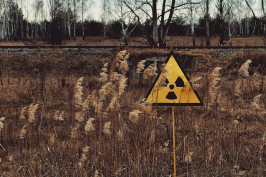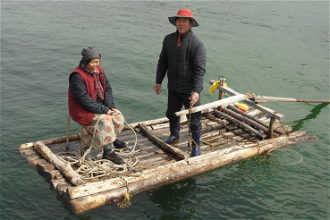Philippines: Bishop supports community opposition to nuclear plant

Bataan Nuclear plant
Due to the energy crisis and the high cost of electricity, the solution is not to resort to nuclear energy, but to develop renewable energies: this is the position of a large community forum in the province of Bataan, a peninsula on the Philippine island of Luzon. The forum opposes a project to look again at a nuclear power plant built in Bataan four decades ago but never activated. The community forum feels there are high risks and costs associated with nuclear energy.
Bishop Ruperto Cruz Santos of Balanga has written a Pastoral Letter in which - interpreting the sentiments of citizens, clergy, religious and faithful - he writes: "Because of the lack of electricity or the increase in oil prices, there are those who, once again, are carrying out the reconstruction of the Bataan Nuclear Power Plant. This is neither right nor good". The pastoral letter, distributed in all parishes and communities at the weekend, said that, "for us, life is more important than profit or money deriving from cheap electricity".
The network of associations also points out the enormous amount of nuclear waste produced every year, with all the problems of disposal, and the dangers of accidents such as those that occurred in Chernobyl and Fukushima. For this reason, the Bishop stated: "We do not want to put life on the brink of danger, and we do not want a future without the certainty of goodness, safety and beauty. We do not want our sea to be made uninhabitable for marine life, resulting in the destruction of our ecosystem. We do not want our soil to be poisoned and no longer cultivable. We do not want our livelihoods destroyed".
Citing the guidance indicated by the encyclical 'Laudato Si', he felt the local Church is called to "protect the creation of the Lord" and for this reason pointed to sustainable and renewable energy sources, hoping for more experimentation with wind, hydroelectric and solar energy.
The administration of General Ferdinand Marcos Sr, father of the current president, decided to build a nuclear power plant in Bataan in the 1970s. Construction began in July 1976 and was completed in 1984 at a cost of $1.9 billion. It faced protests over those years, including from Church bodies, and, due to financial problems and earthquake-related safety issues, the plant was never put into operation. Following the Chernobyl accident in April 1986, the then President Corazon Aquino decided to mothball the plant. More than a decade ago the bishops' conference unsuccessfully sought the dismantling of the power plant to stop attempts to revive it.
However, in February 2022, President Rodrigo Duterte signed an Executive Order which mandated the development and implementation of a nuclear program in the Philippines, reconsidering the activation and use of the Bataan nuclear power plant.
Nuclear energy has emerged as one of the most controversial issues on energy security and national development in the country. The most recent Presidents, Rodrigo Duterte and Ferdinand Marcos Jr., have openly supported nuclear power having a much larger presence in the country's energy mix. At the moment, focus is currently on considering options for sites, technologies, and proposals for installing facilities.
Yet, popular concerns remain about environmental hazards, including climate-related threats such as typhoons, extreme rainfall and earthquakes, since the Philippines is situated along the Pacific Ring of Fire. Many communities would be put at high risk to the impacts of a potential disaster. And there is still no solution to the problem of safely disposing of radioactive waste.


















